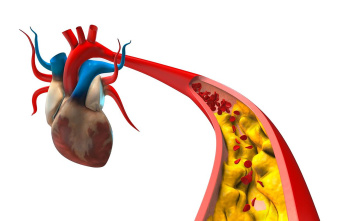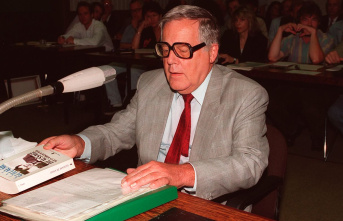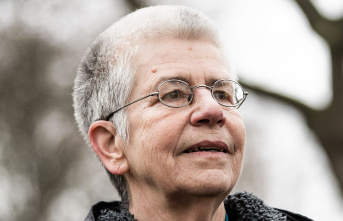The European Union has aided and abetted crime by supporting the Libyan Coast Guard. Chaloka Bayani, who has been investigating the situation in Libya since 2016 with other independent experts on behalf of the UN Human Rights Council, called for her to reconsider her support for the coast guard. The experts presented their report on Monday in Geneva.
The EU must be aware that crimes against humanity have been committed in this context, said Bayani. He stressed: "We are not saying that the EU committed these crimes, but its support is an aid to the commission of these crimes." The oil-rich country in North Africa is on one of the main routes for migrants who want to flee to Europe. It descended into civil war after the ouster of longtime ruler Muammar Gaddafi in 2011.
In their report, the experts document far-reaching human rights violations against the civilian population and, above all, against migrants. In the detention centers under the control of the Coast Guard and other state institutions, people are tortured, blackmailed, raped and murdered, others are sold like slaves and sometimes sexually exploited - a crime against humanity.
"These facilities received technical, logistical and financial support from the European Union and its Member States, including for the interception and return of migrants," the report says.
The pushbacks - when boats with refugees are intercepted near the coast and ordered back to Libya - are illegal because the waters off Libya are not safe, said Bayani. The experts have reason to believe that the EU has supported the Coast Guard, technically, financially and with equipment such as boats "used in connection with the interception and detention of migrants," the report says.
The experts have been to the country several times and conducted more than 400 interviews and evaluated documents.











